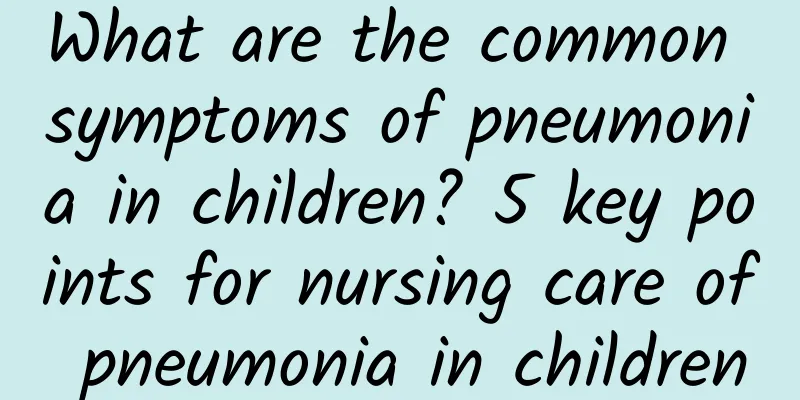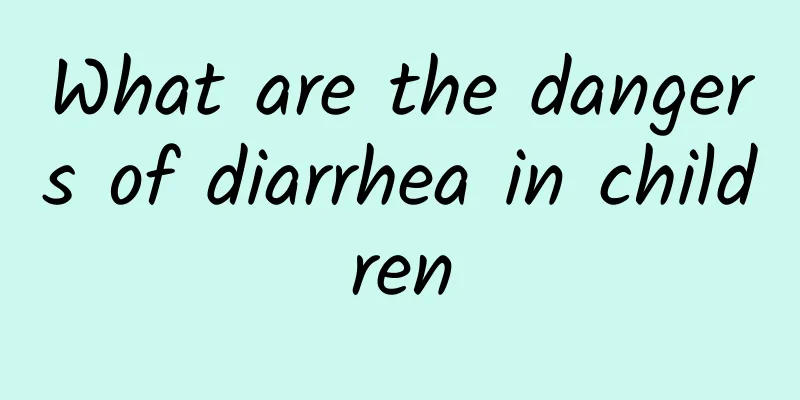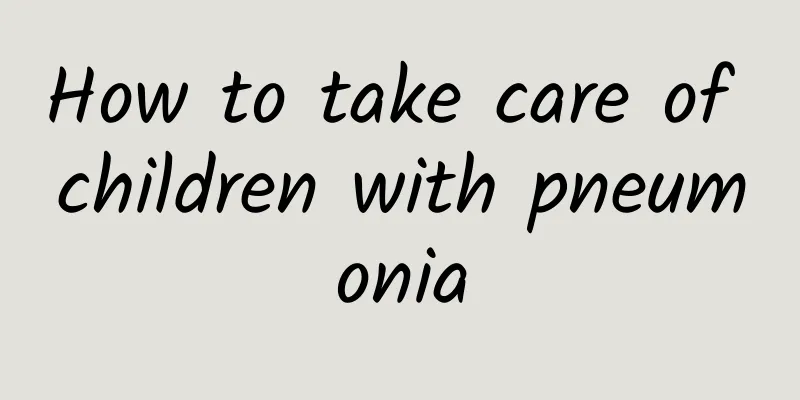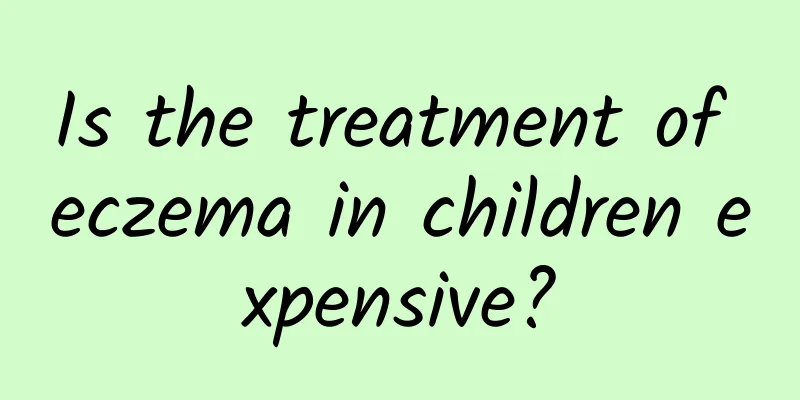What are the reasons why newborns are prone to jaundice? Pay attention to the three signs of newborn jaundice

|
Neonatal jaundice is a condition that many parents have encountered after their baby is born. The occurrence of neonatal jaundice is closely related to many factors. It may be caused by excessive bilirubin production or insufficient bilirubin circulation in the baby's body. Parents should also pay attention to some signs of neonatal jaundice. Most babies have experienced jaundice after birth. So what is the cause of neonatal jaundice? It may be caused by excessive bilirubin production or insufficient bilirubin transport. In daily life, parents should pay attention to observe whether their babies have some signs of jaundice. There are two main reasons for neonatal jaundice. First, excessive bilirubin production. After birth, the baby's daily bilirubin production is relatively high, much higher than that of adults. This is because the fetus is in an environment with low oxygen partial pressure. In this case, the number of red blood cells produced will be relatively large, and more red blood cells will be destroyed. The baby's hemoglobin half-life is relatively short, which will cause more bilirubin to be produced. This is one of the causes of jaundice. Second, the ability to transport bilirubin is insufficient. Newborn babies may have varying degrees of acidosis, which will affect the combination of bilirubin and protein in the blood. In particular, the amount of albumin in premature babies is lower than that in full-term babies, and the ability to transport bilirubin will be worse, making them more likely to suffer from jaundice. Now that we know the causes of baby jaundice, what are the signs that your baby has jaundice? First, for children suffering from physiological jaundice, jaundice will appear 2-3 days after birth. Mild jaundice on the face, trunk and limbs usually subsides within a week. Second, some children have jaundice at birth, and the color will gradually become darker. The oral mucosa will also become pale and the breathing will become faster. This may be neonatal hemolytic disease caused by incompatibility of mother and child blood, and immediate measures must be taken to rescue them. Third, some babies have jaundice at the beginning, and the condition tends to gradually worsen. Then the stool may change in color, gradually turning white and clay-like. This may be obstructive jaundice and requires further examination. Jaundice is not uncommon in children, but each child's situation is different, so the specific manifestations are not very different. Parents also need to closely observe the baby's physical condition. For physiological jaundice, there is usually no need to worry too much, but for pathological jaundice, you need to be vigilant and take the baby to the hospital as soon as possible when necessary. |
<<: How to solve neonatal jaundice? What are the causes and symptoms of neonatal jaundice?
>>: What is mumps? 3 types of mumps and 2 treatments
Recommend
Symptoms of ADHD in Babies
Infant and pediatric ADHD often presents as persi...
Can I take Yinzhihuang if I have severe jaundice?
When the infant has high jaundice, Yinzhihuang ca...
Scientific prevention of pneumonia in children
Pneumonia has a serious impact on people's he...
How to properly feed children to treat diarrhea? How to relieve diarrhea in a 3-month-old baby?
3-month-old baby has diarrhea? The treatment plan...
Kidney disease treatment drugs for children
The treatment of children's kidney disease sh...
How to choose a better hospital for treating acute laryngitis in children
At present, there are many hospitals specializing...
Does hernia in children have any impact on adulthood?
Hernias are more common in children. If they are ...
Common symptoms of indigestion in babies What to do if your baby has indigestion
Indigestion in babies will cause bad breath and d...
What are the congenital factors of hernia in children?
Pediatric hernia is a relatively common disease w...
What are the causes of tics in children? Four major causes of tics in children need to be vigilant
The healthy growth of children is the most concer...
Causes of diarrhea in children include
The causes of pediatric diarrhea mainly include g...
What medicine is better for heart-kidney disharmony? How to use medicine for heart-kidney disharmony?
Traditional Chinese medicine believes that the fi...
Why does the baby cough while feeding?
If a baby coughs while feeding, it may be due to ...
What causes lower respiratory tract infection in children?
There are three main reasons for children to have...
Kidney disease treatment in children
Kidney disease is a clinical syndrome caused by m...









